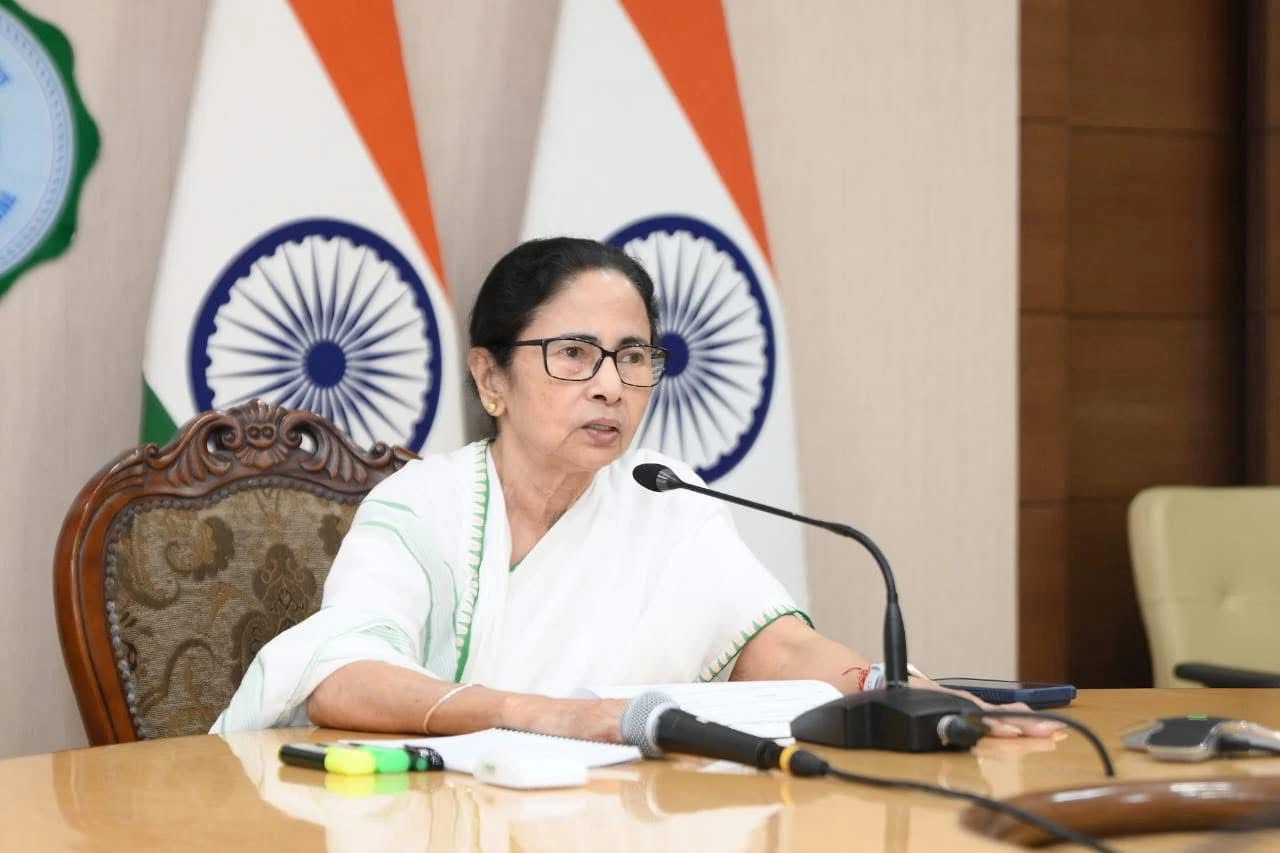Latest Updates
Mamata Banerjee Slams Waqf Amendment Bill Divisive, Vows Reversal After BJP’s Ouste

West Bengal Chief Minister Mamata Banerjee on Thursday has fiercely criticised the recently passed Waqf (Amendment) Bill, 2025, labelling it a deliberate attempt by the ruling Bharatiya Janata Party (BJP) to sow division across India. In a bold statement, Banerjee vowed that once the BJP is ousted from power, the amendments—widely opposed by Muslim communities nationwide—will be reversed through new legislation in both houses of Parliament.
“This is the ploy to divide the country. That is BJP’s agenda, and we all know that. But remember, one day this BJP government will go, and then after that, when a new government comes, there will be another amendment passed in both Lok Sabha and Rajya Sabha,” Banerjee declared on Thursday, signalling her intent to undo the controversial changes. Her remarks underscore a deep-seated opposition to the bill, which she believes undermines national unity and targets a specific religious community.
Banerjee’s latest comments build on her earlier condemnation of the legislation. During a press conference on Wednesday, she had accused the BJP of pursuing a divisive strategy, stating, “The Jumla party has one-point agenda—to divide the country. They only practice the divide-and-rule policy. They should first respect the Constitution and then try to snatch someone’s rights.” Her party, the Trinamool Congress (TMC), joined forces with other members of the INDIA bloc, including the Congress, to oppose the bill’s passage in Parliament, though their efforts fell short against the ruling coalition’s numerical strength.
The Waqf (Amendment) Bill, 2025, along with the Mussalman Wakf (Repeal) Bill, cleared the Indian Parliament this week amid heated debates. The Lok Sabha passed the legislation early Thursday with 288 votes in favor and 232 against after a marathon 12-hour discussion. The Rajya Sabha followed suit, approving it with 128 votes to 95 after a 17-hour session that stretched into Friday morning. The bills introduce significant reforms to the management of Waqf properties, including reducing mandatory contributions to Waqf boards from 7% to 5%, mandating audits for institutions earning over ₹1 lakh annually, and allowing non-Muslim representation on Waqf boards—measures the government touts as enhancing transparency and governance over properties worth thousands of crores.
Prime Minister Narendra Modi on Friday praised the passage of the Waqf (Amendment) Bill and the Musalman Waqf (Repeal) Bill as ‘historic’ and a step towards “building a stronger, more inclusive, and sensitive India.
However, the opposition, including Banerjee, has framed these changes as an assault on Muslim rights and a step toward centralising control over Waqf assets, potentially for future allocation to industrialists. A key flashpoint is the removal of Section 40 from the original Waqf Act, which empowered Waqf boards to adjudicate property disputes. TMC MP Kalyan Banerjee, speaking during Thursday’s Lok Sabha debate, warned, “If Section 40 is deleted, the Waqf Board will be a toothless doll… a doll only. If this section is deleted, then there is no necessity to keep the Waqf Board itself. Do not keep it. Give the powers to the minister.” His remarks reflect broader concerns that the amendments strip the boards of autonomy, rendering them ineffective.








.webp)
